Offensive Security And Ethical Hacking: A Comprehensive Guide
4.9 out of 5 based on 9748 votesLast updated on 7th Sep 2024 19.7K Views
- Bookmark

Offensive security and ethical hacking focus on identifying system vulnerabilities, using tools to prevent cyberattacks effectively.
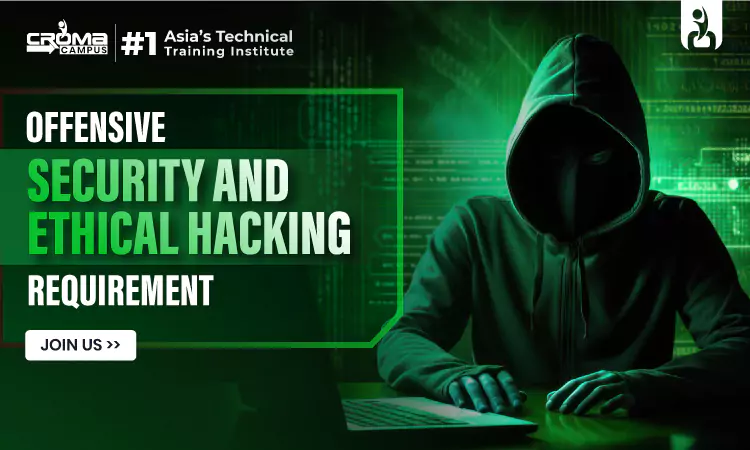
Introduction
Offensive security and ethical hacking are key strategies used by organizations to protect against cyber threats. Offensive security involves proactively testing systems to identify vulnerabilities before malicious actors can exploit them, while ethical hacking simulates real-world attacks to uncover weaknesses. Certifications like CompTIA PenTest Certification and CompTIA CySA+ are instrumental in validating expertise and advancing in the field. By staying informed and continually developing skills, cybersecurity professionals can effectively counteract threats and enhance organizational security.
Offensive Security
Offensive security refers to the active approach of simulating cyberattacks on an organization's systems to identify vulnerabilities before they can be exploited by real attackers. This practice involves a range of techniques, including penetration testing, vulnerability assessments, and red teaming, all aimed at uncovering weaknesses in an organization's security posture.
Unlike defensive security, which focuses on protecting systems and networks from attacks, offensive security actively seeks out potential threats by thinking like an attacker. This approach allows organizations to stay ahead of cybercriminals, ensuring that vulnerabilities are addressed before they can be exploited.
The Role of Ethical Hacking
Ethical hacking is a subset of offensive security, where security professionals, known as ethical hackers or white-hat hackers, use their skills to identify and fix security flaws. These professionals are authorized by organizations to conduct penetration testing and other security assessments, to strengthen the organization's defenses.
Ethical hacking is guided by a strict code of conduct, which includes obtaining proper authorization, maintaining confidentiality, and reporting findings responsibly. By adhering to these principles, ethical hackers help organizations enhance their security posture while minimizing the risk of unintended consequences.
Key Techniques in Offensive Security
Offensive security encompasses a variety of techniques that ethical hackers use to assess and improve an organization's security:
Penetration Testing (Pen Testing): This involves simulating cyberattacks on a system to identify vulnerabilities that could be exploited by attackers. Penetration testers use a combination of automated tools and manual techniques to probe for weaknesses in networks, applications, and hardware.
Vulnerability Assessments: Unlike penetration testing, which focuses on exploiting vulnerabilities, vulnerability assessments aim to identify and classify vulnerabilities in a system. These assessments provide a broad overview of an organization's security posture, helping to prioritize remediation efforts.
Red Teaming: Red teaming is a more comprehensive approach that involves a group of security experts simulating a real-world attack on an organization. The red team tests the organization's defenses by attempting to breach its security systems, while the blue team (defensive security) tries to detect and mitigate the attack.
Social Engineering: This technique exploits human psychology to gain unauthorized access to systems or information. Ethical hackers may use tactics such as phishing, pretexting, and baiting to test an organization's awareness and response to social engineering attacks.
Tools Used in Ethical Hacking
Ethical hackers rely on a wide range of tools to perform their assessments effectively. These tools can be categorized into various types, each serving a specific purpose in the ethical hacking process.
Common Ethical Hacking Tools
Tool Category | Example Tools | Purpose |
Network Scanners | Nmap, Nessus | Scanning networks for open ports and vulnerabilities. |
Vulnerability Scanners | OpenVAS, Nexpose | Identifying known vulnerabilities in systems. |
Exploitation Frameworks | Metasploit, Cobalt Strike | Exploiting vulnerabilities to gain unauthorized access. |
Password Cracking | John the Ripper, Hashcat | Cracking passwords to test the strength of credentials. |
Social Engineering Tools | SET (Social Engineering Toolkit) | Simulating social engineering attacks like phishing. |
Web Application Scanners | OWASP ZAP, Burp Suite | Testing web applications for security flaws. |
The Importance of Offensive Security in Modern Cybersecurity
In today's digital age, the importance of offensive security cannot be overstated. Cyberattacks are becoming increasingly sophisticated, with attackers using advanced techniques to breach even the most secure systems. Organizations that fail to adopt an offensive security strategy are at a higher risk of being compromised.
Proactive Defence: By continuously testing and improving their security posture, organizations can stay one step ahead of cybercriminals.
Regulatory Compliance: Many industries are subject to strict regulatory requirements that mandate regular security assessments. Offensive security practices, such as penetration testing, help organizations meet these requirements and avoid costly fines.
Incident Response Readiness: Offensive security also plays a crucial role in preparing organizations for potential cyber incidents. By simulating real-world attacks, organizations can test their incident response plans and ensure they are ready to respond effectively to a breach.
Also Read These Posts:
Ethical Hacking Certification CEH V12 Syllabus And Cost
Know About CISM Certification Cost In India And Salary
How To Prepare To Become A Certified Information Security Manager
Offensive Security Certifications
For professionals looking to specialize in offensive security and ethical hacking, there are several certifications available that validate their skills and knowledge. Among the most recognized are the CompTIA PenTest and CompTIA CYSA+ Certification. These certifications are crucial for those aiming to excel in penetration testing and cybersecurity analysis, providing a comprehensive understanding of both offensive and defensive security measures.
Certification | Issuing Organization | Focus Area |
Certified Ethical Hacker (CEH) | EC-Council | Comprehensive ethical hacking techniques and tools. |
Offensive Security Certified Professional (OSCP) | Offensive Security | Hands-on penetration testing and exploit development. |
CompTIA Pentest Certification | CompTIA | Penetration testing methodologies and best practices. |
CompTIA CYSA+ Certification Training | CompTIA | Cybersecurity analysis with a focus on threat detection and response. |
Growth in Demand for Offensive Security Professionals (2019-2023)
This combined approach visually conveys the growing demand for offensive security professionals alongside the rising average salary, providing a comprehensive view of the field's development.
Ethical Hacking Process
- Reconnaissance: Gathering information about the target.
- Scanning: Identifying live hosts and open ports.
- Exploitation: Attempting to exploit vulnerabilities.
- Reporting: Documenting findings and recommendations.
Ethical Considerations in Offensive Security
While offensive security is a powerful tool in the fight against cybercrime, it also raises important ethical considerations. Ethical hackers must adhere to strict guidelines to ensure their actions do not cause harm to the organization or its stakeholders.
Authorization: Ethical hackers must always obtain explicit permission from the organization before conducting any security assessments.
Confidentiality: Ethical hackers are often granted access to sensitive information during their assessments. It is essential that they maintain strict confidentiality and do not disclose any information to unauthorized parties.
Responsible Disclosure: If vulnerabilities are discovered, ethical hackers must report them to the organization promptly and responsibly. They should provide detailed recommendations for remediation and avoid publicly disclosing vulnerabilities until they have been addressed.
Future Trends in Offensive Security and Ethical Hacking
As cyber threats continue to evolve, so too will the field of offensive security. Some of the emerging trends that are expected to shape the future of ethical hacking include:
Artificial Intelligence (AI) and Machine Learning (ML): AI and ML are being increasingly integrated into offensive security tools, enabling more sophisticated attack simulations and vulnerability detection.
Automated Penetration Testing: Automation is set to play a larger role in penetration testing, with tools that can simulate complex attacks and generate reports with minimal human intervention.
Cloud Security Testing: With the growing adoption of cloud services, ethical hackers will need to focus more on assessing cloud environments for vulnerabilities. This includes testing cloud configurations, identity and access management (IAM) policies, and data storage practices.
Increased Focus on IoT Security: The proliferation of Internet of Things (IoT) devices has introduced new attack vectors. Ethical hackers will need to develop specialized skills to test and secure IoT ecosystems.
Certifications for Career Advancement
Certifications validate expertise and open doors to advanced career opportunities in cybersecurity. Notable certifications include:
CompTIA PenTest+
- Overview: A certification focused on penetration testing and vulnerability assessment.
- Key Skills: Penetration testing, vulnerability scanning, and exploitation techniques.
- Training: Available through various online platforms and training centers.
CompTIA CYSA+
- Overview: Concentrates on threat detection, analysis, and response.
- Key Skills: Behavioural analytics, incident response, and vulnerability management.
- Training: CompTIA CYSA+ Certification Training is offered by multiple institutions and online courses.
Conclusion
Offensive security and ethical hacking are indispensable components of modern cybersecurity. By adopting a proactive approach to security, organizations can identify and mitigate vulnerabilities before they can be exploited by malicious actors. Ethical hackers play a crucial role in this process, using their skills and knowledge to strengthen the defenses of organizations across various industries.
Subscribe For Free Demo
Free Demo for Corporate & Online Trainings.
Your email address will not be published. Required fields are marked *
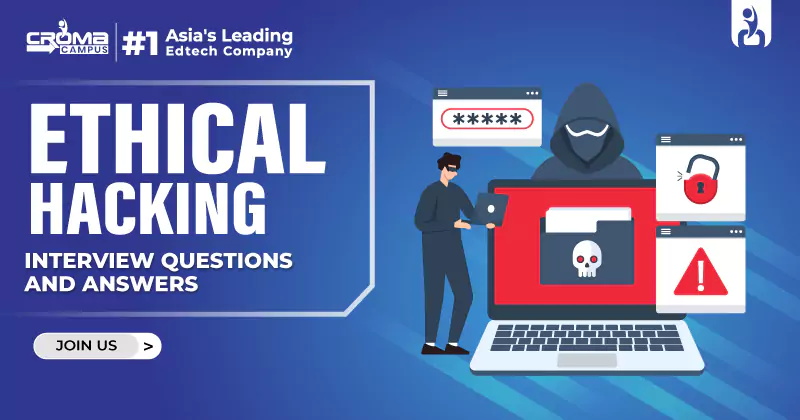
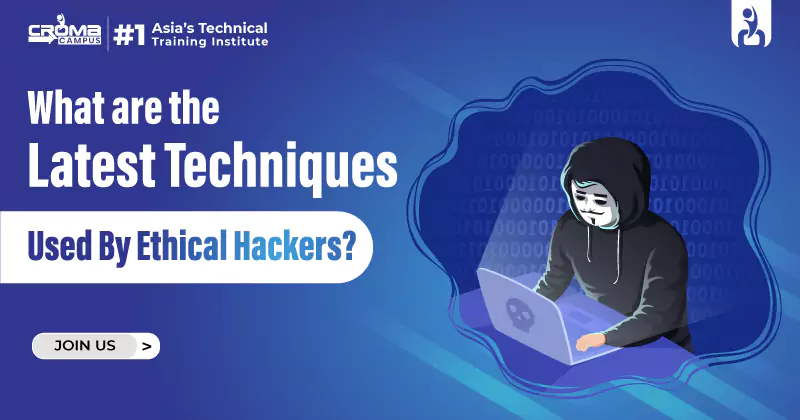
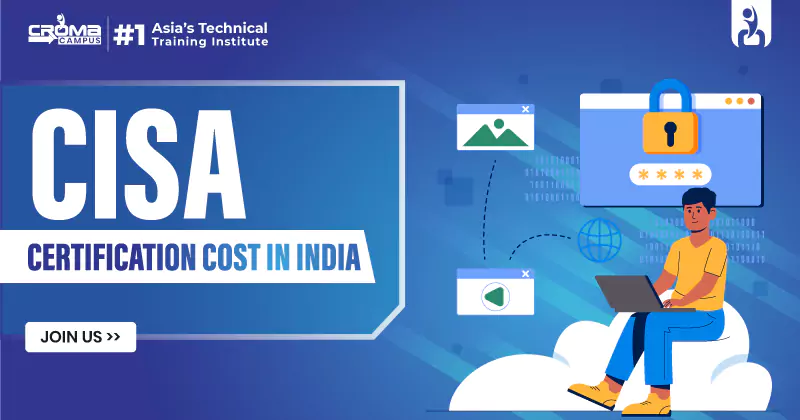

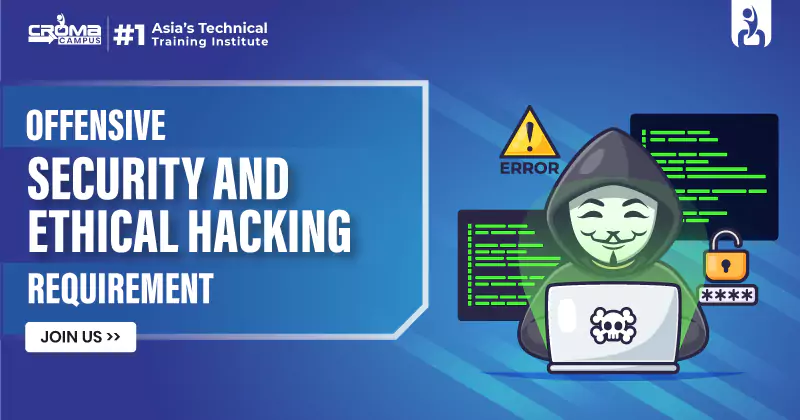
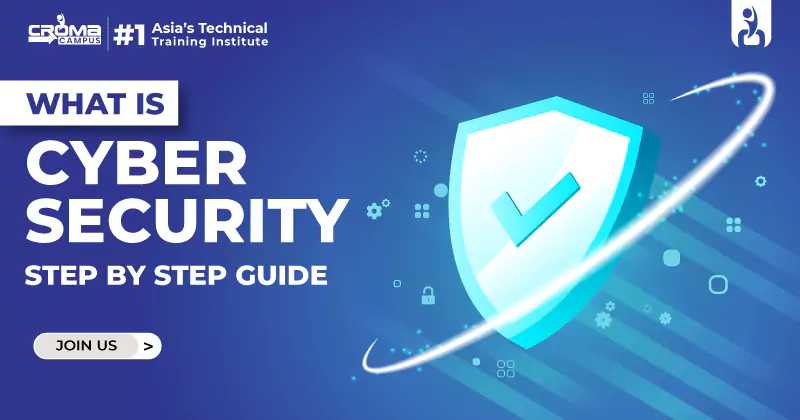

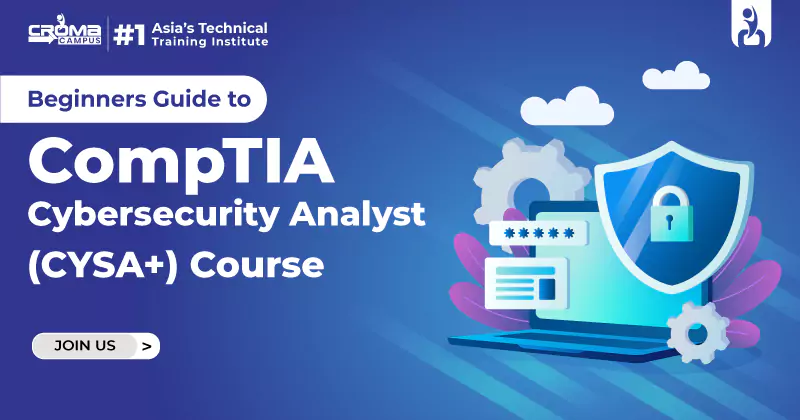

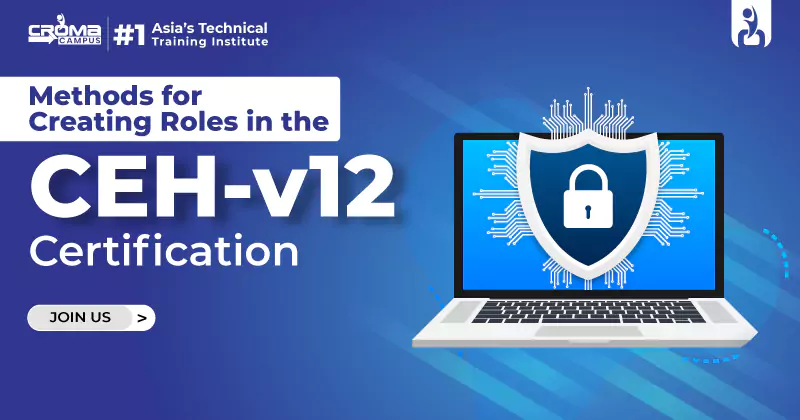
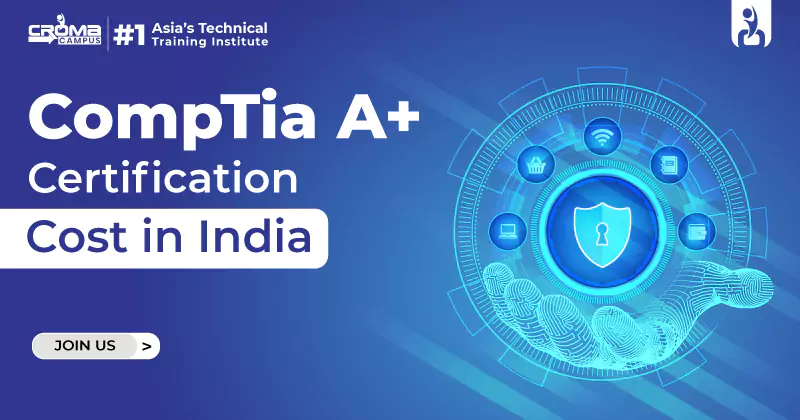










 Master in Cloud Computing Training
Master in Cloud Computing Training